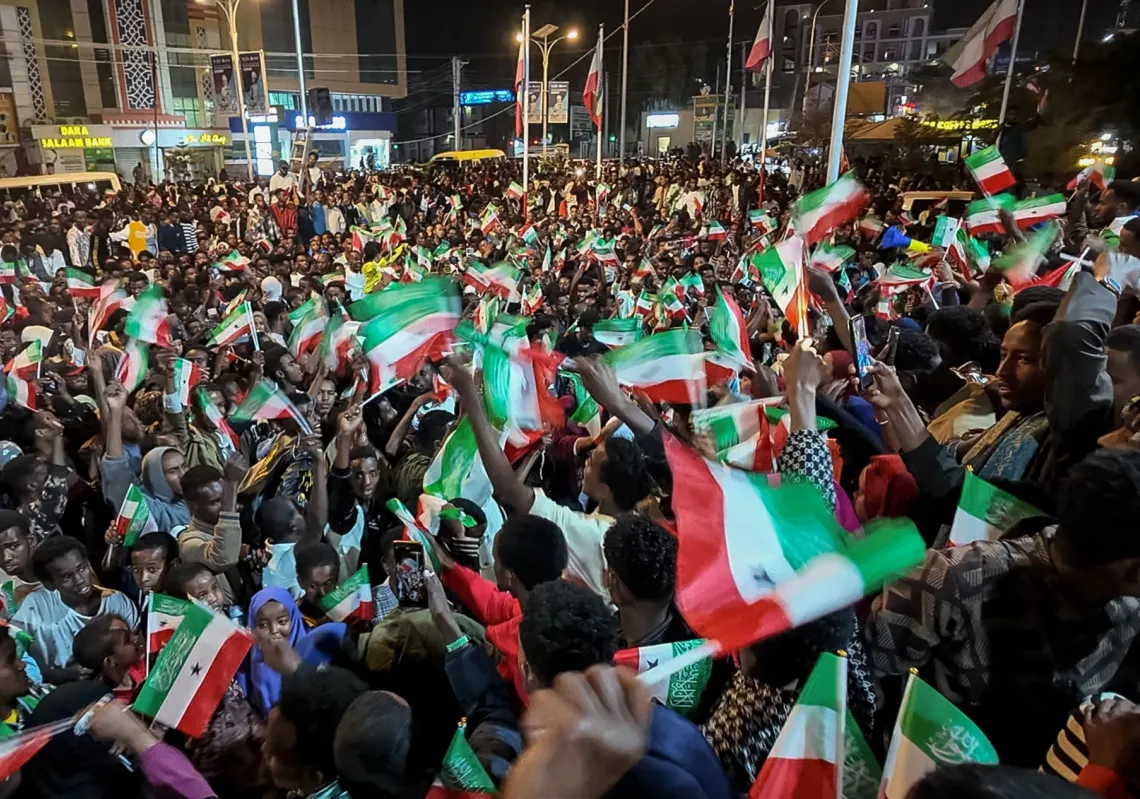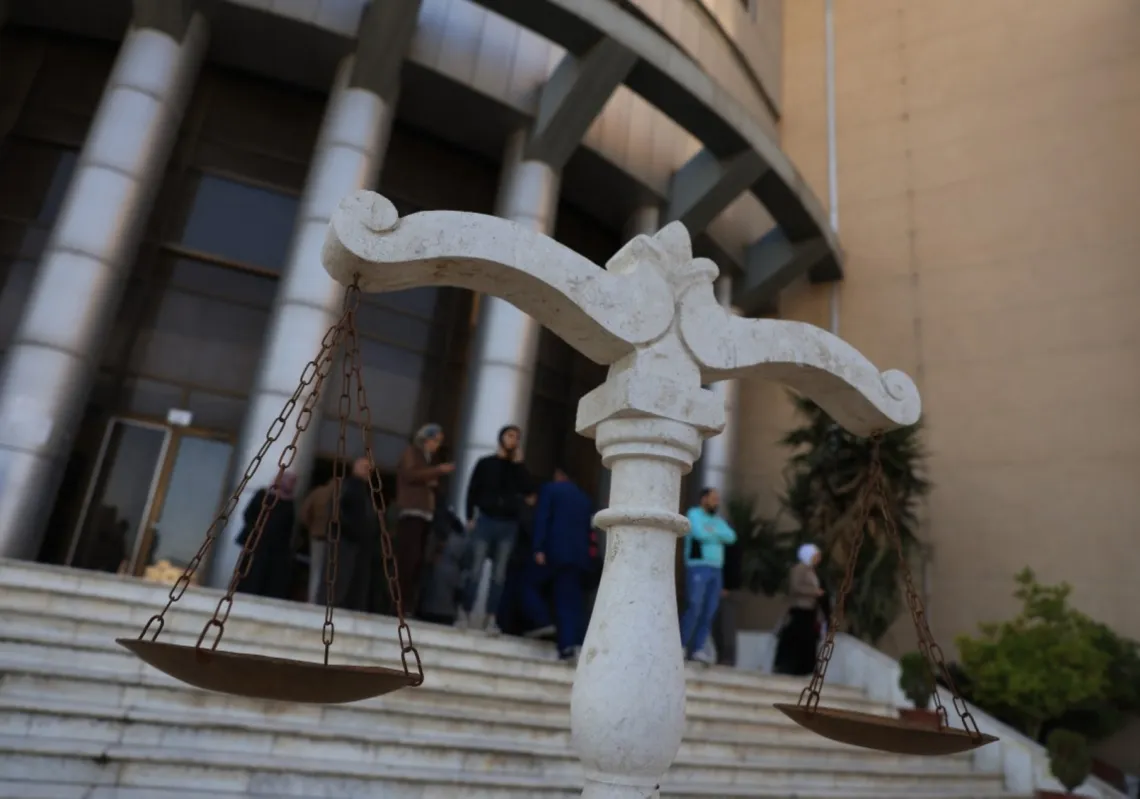The capital losses of the markets of the GCC countries at the beginning of the global economic crisis are estimated to be approximately $ 480 billion, or up to 50 per cent of their total. These losses also represent about 45 percent of the GDP of the GCC states. The decline occurred within a short period of no more than five months, and according to estimates by the IMF, the Gulf economies are expected to shrink during 2009 by about $ 220 billion. The impact of losses on global markets for the same period has been devastating with losses exceeding $ 20 trillion. These trends have made the future of world economies seem bleak.
Faced with this dramatic scene, the leaders of major economies and international bodies have taken an urgent initiative to salvage whatever is left to save. The most reliable means to do so has been to adopt unprecedented policies of fiscal stimulus. The second measure has been to reduce the costs of finance by reforming the system that allowed the crisis to occur.
From 2007-2008 the attention of central banks focused on confronting inflation, which surprised emerging economies after the collapse of their financial markets in early 2006. Despite the realization that this dilemma was out of control, central banks believed they could succeed in decreasing it. Their approach was to raise the cost of financing, and impose restrictions on commercial banks by raising the regular reserve rates on deposits. However, since the currencies of these countries were tied to the dollar, it was inevitable that these policies would fail. As a result inflation rates continued to rise, and the fragile and inefficient financial markets of the GCC countries continued to decline sharply.
Gulf economies have suffered as a result of the crisis. In the UAE the most important challenge was the high volume of private sector debts. The private sector conditions began to worsen, as result of its inability to pay back its debts. The impact of the crisis increased in the UAE with the withdrawal of foreign funds from its stock exchange market, causing it to lose $127 billion. In Saudi Arabia, the market fell by around 52 percent, losing $ 234 billion. Conditions were further complicated as banks refrained from providing finance, despite the absence of any liquidity problems, and despite successive reductions in reverse lending rates carried out by SAMA to stimulate bank lending. But that did not convince the guards of the bank vaults.
Despite the severity of the crisis and the failure of monetary polices, the Gulf economies were able to meet most of their domestic liquidity needs. Some Gulf States, with the exception of Saudi Arabia and Qatar, have gone even further by issuing sovereign bonds to finance those needs. Overall, these countries will be able to weather the impact of the crisis. In particular, Saudi Arabia and Qatar will be the first to overcome the impact of the crises, due to their significant reserves and their promising investment opportunities.
What planners and economic policy makers in the Gulf must realize is that the global economy is still going through one of the largest processes of transformation in history. Perhaps the most prominent features of this transformation process is the greater impact the emerging economies are expected to have on the global economy, at the expense of old economies like the United States and the euro group. This in turn requires a radical change of policies and programs that will take into account such profound global changes. The most important thing that we should comprehend from the crisis is that the global economy which prevailed before 2008 has fallen apart. We must realize that the world today is on the verge of an entirely new economic and financial era.
Abd Al-Hamid Al-Amry - A member of the Saudi Economic Group.








